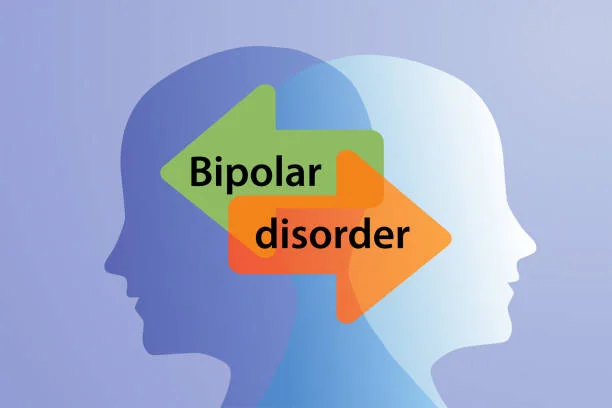Bipolar disorder doesn’t show up overnight. It builds, gradually affecting how a person feels, thinks, and behaves. Recognizing the first clues of a shift in mood can be the key to preventing a full-blown episode. Friends, family, and individuals in Los Angeles living with this condition notice subtle changes before the mood escalates into mania or sinks into depression.
Health centers like Cura Behavioral Health Los Angeles, or similar ones, specialists emphasize the importance of catching these signs early. It’s a sudden burst of energy or a creeping sense of hopelessness; these indicators are red flags. Knowing what to look for can lead to faster support and better outcomes. This article covers the most common early signs of a bipolar episode, helping you stay alert and responsive when something feels off.
Sudden Energy Surges or Drops in Motivation
One of the most common warning signs is a sudden change in energy levels. When someone moves toward a manic state, they feel unstoppable. Sleep becomes unnecessary, and ideas flow rapidly. Conversations become quicker, and attention shifts constantly.
On the other hand, the beginning of a depressive swing may feel like dragging through the day. Even simple tasks, like brushing teeth or making a meal, can feel exhausting. These changes aren’t always extreme at first, but they grow stronger without intervention.
You might also like: A fresh take that complements what you just read.
Emotional Intensity That Feels Unusual
Everyone has emotional ups and downs, but bipolar mood shifts tend to be more intense and out of sync with what’s happening in life. Early signs may include irritability, agitation, or feeling overly excited about minor events.
You might notice:
- Overreacting to minor disappointments
- Feeling euphoric for no clear reason
- Episodes of weeping or emotional detachment
If the person begins to express exaggerated ideas or appears unusually restless, it could be the early stirrings of mania. Clinicians in Los Angeles usually observe that emotional responses during this phase don’t match the reality around the individual.
Risky Behavior and Impulsive Choices
When mania is on the horizon, impulsivity arrives first. The person in Los Angeles may take bigger risks with money, relationships, or substances. These behaviors can look like sudden bravery, but they usually come without thinking through the consequences.
Common signs of growing impulsivity include:
- Impulsive spending sprees
- Unsafe driving or thrill-seeking
- Speaking openly or aggressively without filters
- Increased interest in casual relationships
These behaviors catch loved ones in Los Angeles off guard. They’re not always extreme, but the shift from usual patterns is what matters most.
Withdrawal and Isolation
Before a depressive episode fully develops, a person may begin pulling away. They might cancel plans, stop answering calls, or avoid eye contact. Isolation doesn’t always mean someone is depressed, but when it appears alongside sadness or fatigue, it becomes more significant.
This retreat from the world feels like a silent slide. Friends in Los Angeles may think the person is just “needing space,” but inside, hopelessness and guilt can start to build. Catching this early could help prevent deeper despair.
Cura Behavioral Health Los Angeles encourages individuals and their loved ones to notice the quiet signs before moods spiral out of control. It can be a burst of energy, unexpected sadness, or risky actions; the first signals of a bipolar episode rarely lie. By staying alert to these small but powerful changes, it becomes easier to step in early and offer support. Being informed, compassionate, and attentive makes a real difference. Early detection isn’t about labeling someone; it’s about helping them stay safe and feel seen.
To explore all our latest posts in one place, be sure to visit the 2A Magazine.







